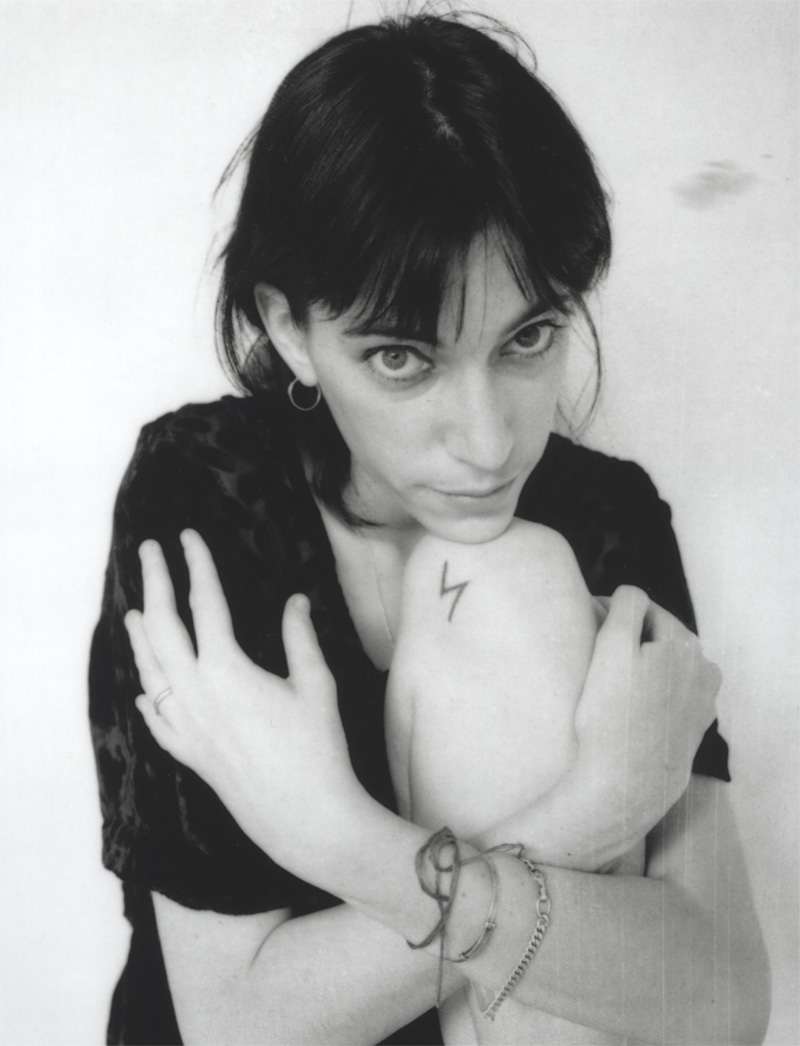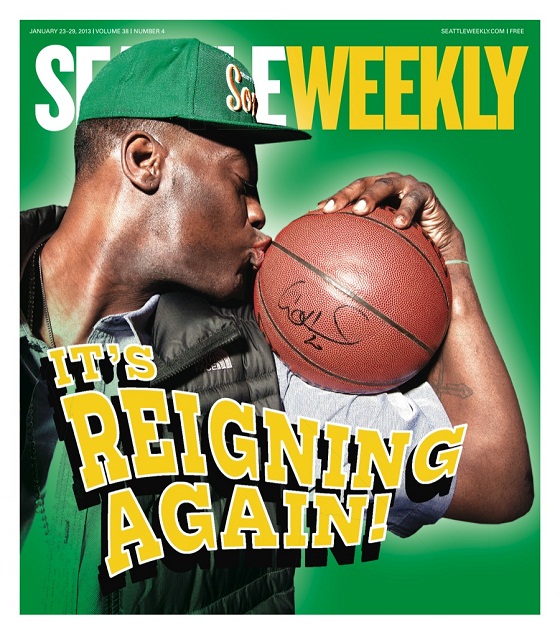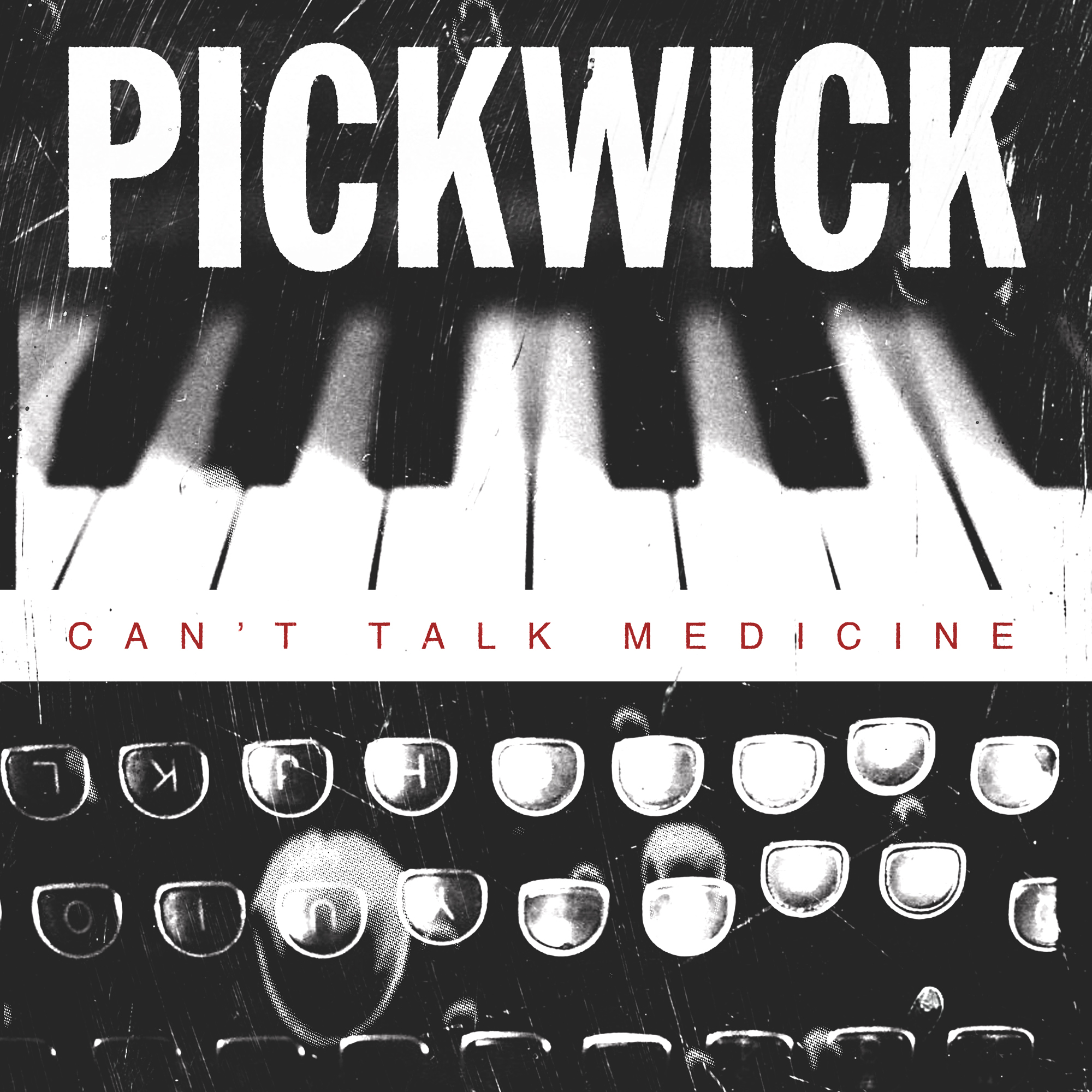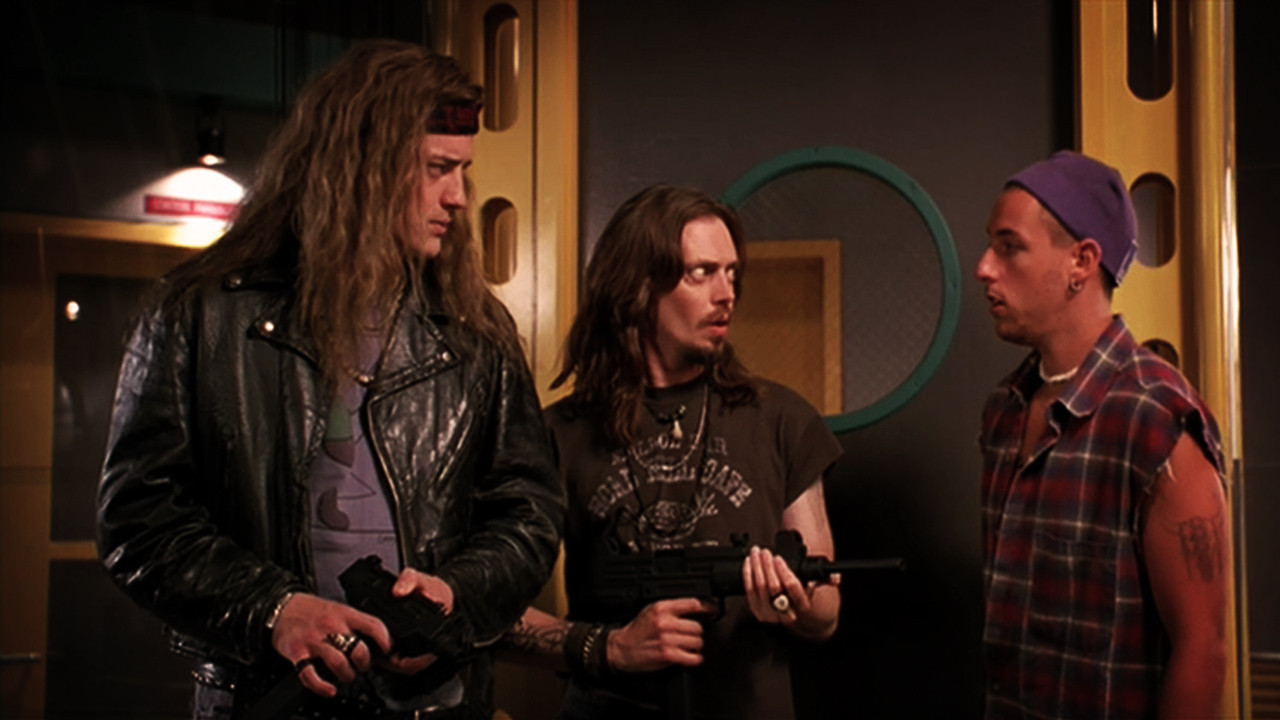Twenty years after the death of her friend and lover, photographer Robert Mapplethorpe, punk-rock pioneer Patti Smith has released Just Kids, her memoir of the couple’s bohemian, hardly-fed days in late-’60s New York City. An extended version of this interview—including the poet and Rock and Roll Hall of Fame inductee’s thoughts on the Rolling Stones and poetry vs. song lyrics—can be found on our music blog at seattleweekly.com/reverb.
SW: Did Mapplethorpe have any idea you would write a book about the two of you?
Smith: Well, the day before he died, he asked me if I would write it. He wasn’t completely convinced that he would be remembered. He knew that I would do well by him. I know that I was extremely important to him, even if his persuasion wound up that he was basically homosexual. I promised him less than 24 hours before he died that I would write it.
You, Mapplethorpe, and even Andy Warhol, who is discussed at length in your book, were religious people. But I don’t think most people associate The Factory or the ’70s punk scene with God. Was there more spirituality in those circles than history gives them credit for?
I think that people are so preoccupied with religion. I don’t think any of us were religious, in that we weren’t attached to any particular church. I think all of us question things as artists through history—especially the story of Christ really lends itself to creative expression. I mean, when you think about it, almost every great artist has brought Christ into their work.
I’ve always had my own relationship with God. If one is going to judge people by whether they have a specific church, we might have all failed.
You evoked Mapplethorpe’s fight with AIDS to explain why you had “less patience” for Kurt Cobain’s suicide [in an interview]. You don’t write about Lee Crabtree’s suicide the same way in your book. Have your feelings changed in that area?
I didn’t feel that I could really comment a whole lot about that. Lee Crabtree [a musician who had worked with the Fugs] has sort of been forgotten in the pantheon of musicians of that period. And the main reason I even spoke about Lee Crabtree [is that] I did work with him, but also so he wouldn’t be forgotten.
My reaction to Kurt Cobain was much more emotional. I was heartbroken when he committed suicide. I loved Nirvana. And I knew that Kurt Cobain was very fond of my husband [the late guitarist Fred “Sonic” Smith] and the MC5. We felt so badly. We just wished that we would have known him, and been able to talk to him, and had some positive effect on him. Seeing Robert struggling for his life, and doing everything to live, and then seeing this very gifted boy kill himself was painful to factor.
You speak well and repeatedly in Just Kids of John Coltrane’s records from the ’60s. Do they possess something that today’s records don’t?
Well, I feel like Coltrane, of course he was an innovator and invented a whole style and a way of improvisation that we all draw from now. But I think the most interesting thing about Coltrane, besides his tone and his sense of improvisation, was his deep spiritual center. You really felt his relationship with God in his playing.
You can listen to a virtuoso; you might think, “Wow, that person plays really great.” But Coltrane has a different dimension. He brought God into his playing. I always feel that when I hear him. There’s nobody like Coltrane.
I thought it was really interesting that you and Mapplethorpe were each working on art, and each of you ended up going in completely different directions from where you started [Smith to music, Mapplethorpe to photography].
Actually, I didn’t even think about that until you just said it. I know it’s obvious. But truthfully I didn’t even think about that. We just, you know—fate has its own design.
You mention the Vietnam War, which was at its height during the first half of your book, but it doesn’t sound as if the two of you were strongly or publicly opposing it—in stark contrast to your open opposition to the war in Iraq. Was this simply a matter of you becoming more politically aware as you got older?
Probably. I mean, when I was young, of course I was opposed to Vietnam. Robert was not political. Robert was political in his own way. He had a military scholarship. He didn’t believe in the Vietnam War. He dropped out, he lost his scholarship; so that perhaps was Robert’s political move. I mean, it changed his whole life when he did that.
When Robert Kennedy was assassinated, I just think it demoralized me so much. I just sort of retreated. But as I got older, I found a way to use my voice politically. I was just too young, and also trying to figure out who I was.








